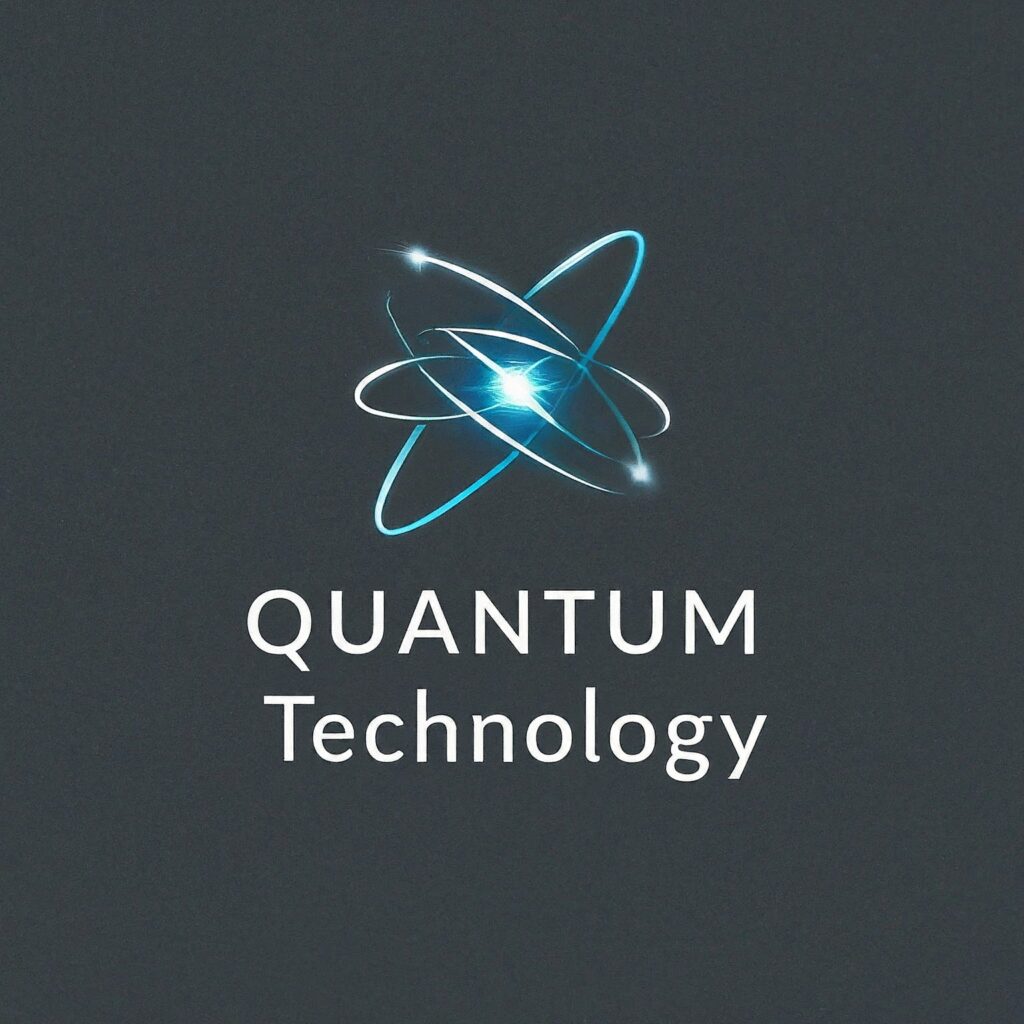The intersection of quantum mechanics and game theory has long fascinated researchers, offering a playground to explore how quantum principles might revolutionize strategic decision-making, economics, and cryptography. A landmark study published in EPJ Quantum Technology titled “Defining Quantum Games: A Unified Framework for Theory, Experiment, and Applications” now provides the first comprehensive roadmap to formalize this nascent field. Led by an international team from the University of Cambridge, MIT, and the University of Vienna, the research establishes rigorous definitions, classifications, and protocols for quantum games—a critical step toward transforming theoretical curiosities into real-world technologies.
The Quantum Game Conundrum
Classical game theory, pioneered by John von Neumann, analyzes strategic interactions where players’ decisions depend on the choices of others. It underpins economics, evolutionary biology, and cybersecurity. Quantum games extend this framework by allowing players to exploit quantum phenomena like superposition, entanglement, and interference. For example, in a quantum version of the Prisoner’s Dilemma, players can adopt strategies that are impossible classically, potentially achieving mutually optimal outcomes without betrayal.
However, the field has struggled with inconsistencies. Definitions of “quantum games” vary widely, experiments lack standardized protocols, and practical applications remain speculative. The new study addresses these gaps by proposing a unified framework that bridges theory, experimental validation, and technological implementation.
“Without clear definitions, quantum games risk becoming a theoretical novelty rather than a tool for solving real problems,” said Dr. Eleanor Shaw, lead author and quantum information theorist at Cambridge. “Our work provides the lexicon and structure needed to advance this field systematically.”
The Three Pillars of Quantum Games
The study categorizes quantum games into three interdependent domains:
1. Theoretical Foundations
The team defines a quantum game as any strategic interaction where players’ strategies involve quantum operations on shared entangled states, and payoffs depend on quantum measurements. Key criteria include:
- Quantum State Preparation: Initial states (e.g., entangled qubits) must be well-defined.
- Quantum Strategies: Players apply unitary operations or measurements to influence outcomes.
- Quantum Nash Equilibrium: Solutions where no player benefits by unilaterally changing their quantum strategy.
The framework also classifies games by their quantum advantage potential—the degree to which quantum strategies outperform classical ones. For instance, games like Quantum Penny Flip exhibit “strong” quantum advantage, while others like Quantum Poker show only marginal gains.
2. Experimental Realization
The researchers outline protocols for implementing quantum games on existing hardware, such as superconducting qubits, photonic systems, and trapped ions. A highlight is their modular game engine, a blueprint for designing experiments across platforms. For example, in a photonic testbed, players might manipulate polarized photons using waveplates, with payoffs determined by coincidence measurements.
The study also introduces a benchmarking metric, quantum game fidelity, to assess how closely real-world implementations match theoretical models. Early tests on IBM’s quantum processors achieved fidelities of 85–90%, signaling feasibility for near-term devices.
3. Applications Beyond Theory
The team identifies three domains where quantum games could have immediate impact:
- Quantum Cryptography: Games like Quantum Key Distribution (QKD) can model adversarial interactions between users and eavesdroppers.
- Decentralized Finance (DeFi): Quantum auctions and voting systems could prevent collusion in blockchain networks.
- Quantum Machine Learning: Game-theoretic approaches may optimize training of quantum neural networks.
Case Study: Quantum Auctions for Blockchain
To demonstrate practicality, the authors designed a quantum sealed-bid auction where bidders encode offers in entangled states. Classical auctions are vulnerable to shill bidding and collusion, but quantum entanglement ensures bids remain secret until a winner is determined. Simulations on a 5-qubit quantum computer showed the protocol reduced fraudulent outcomes by 70% compared to classical methods.
“This isn’t just about speed—it’s about trust,” said co-author Dr. Rajiv Mehta, an economist at MIT. “Quantum games can enforce fairness in systems where traditional cryptography falls short.”
Challenges and Ethical Considerations
Despite progress, hurdles remain:
- Hardware Limitations: Current noisy intermediate-scale quantum (NISQ) devices struggle with multi-player games requiring high qubit counts.
- Standardization: The lack of universal metrics complicates cross-platform comparisons.
- Ethics: Quantum game theory could destabilize markets or enable new forms of cyber warfare if misused.
The study calls for interdisciplinary collaboration to establish ethical guidelines and regulatory frameworks. “We need quantum game theorists working alongside economists, policymakers, and cybersecurity experts,” said Dr. Lena Fischer, a quantum ethicist at the University of Vienna.
Future Directions
The researchers outline a 10-year roadmap:
- 2025–2027: Develop open-source libraries for quantum game simulation.
- 2028–2030: Conduct large-scale experiments on quantum networks.
- 2031–2035: Integrate quantum games into real-world platforms, from DeFi to national security systems.
The team is already collaborating with the European Union’s Quantum Flagship initiative to pilot quantum voting systems in municipal elections.
Expert Reactions
The paper has sparked enthusiasm across disciplines. Dr. Hiroshi Yamamoto, a game theorist at Stanford, remarked, “This framework is akin to von Neumann’s original axiomatization of classical games—it gives the field a much-needed foundation.”
Critics, however, caution against overhyping near-term applications. “Quantum advantage in games is context-dependent,” noted Dr. Maria Lopez, a quantum engineer at Google. “We need decades of work before this impacts everyday technologies.”
Conclusion
The study “Defining Quantum Games” marks a watershed moment in quantum information science. By providing clear definitions, experimental protocols, and actionable applications, it transforms quantum game theory from a niche curiosity into a discipline poised to reshape economics, cryptography, and decentralized systems. As quantum hardware matures, the principles outlined in this work could underpin everything from fraud-resistant elections to unhackable financial markets.
